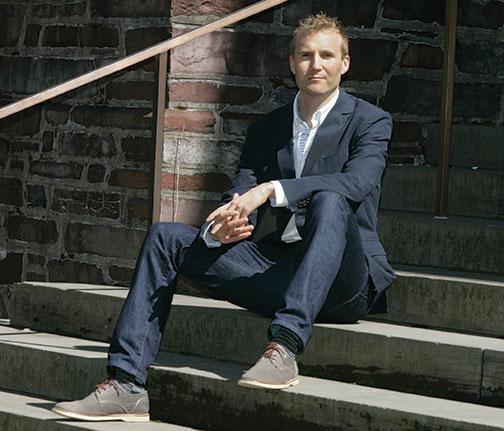

Professor Will Dobbie, who studies education, examined three top selective public schools in New York City to answer a question many parents obsess over: How will competitive admissions affect my child’s opportunities?
Dobbie, an assistant professor of economics and public affairs who earned his Ph.D. from Harvard in 2013, looked at Stuyvesant High School, Bronx High School of Science, and Brooklyn Technical High School, which accept students based on an admission test. His study, which is forthcoming in American Economic Journal: Applied Economics, found that just missing the cutoff for the slightly better school of the three — attending Brooklyn Technical, for example, instead of the more prestigious Bronx High School of Science — had no effect on college success. Those students enrolled in colleges of similar quality and had similar college-graduation rates.
Dobbie’s other research strives to identify the policies of effective charter schools. With his collaborator, Harvard professor Roland Fryer, he collected data for grades 3–8 from 39 New York City charter schools and found that schools at which standardized scores in math and English rose tended to have five characteristics: regular teacher feedback from principals, the use of data to guide instruction, frequent tutoring sessions conducted in small groups, increased instructional time, and high expectations.
Some factors that many schools focus on — smaller classes, higher per-pupil spending, and more teachers who are certified and have advanced degrees — are not associated with charter-school effectiveness, Dobbie found in the study, published in 2013. Schools must make tough choices about what to spend money on, and those that “accept higher class size in order to do more of the other things, they seem to do better,” he says.
Dobbie is collecting data to learn whether the five effective policies not only lead to improved test scores, but affect outcomes such as teen pregnancy and college enrollment. “At the end of the day,” he says, “it doesn’t matter as much to us whether you do well on the test. It matters, ‘Is your life better?’”
